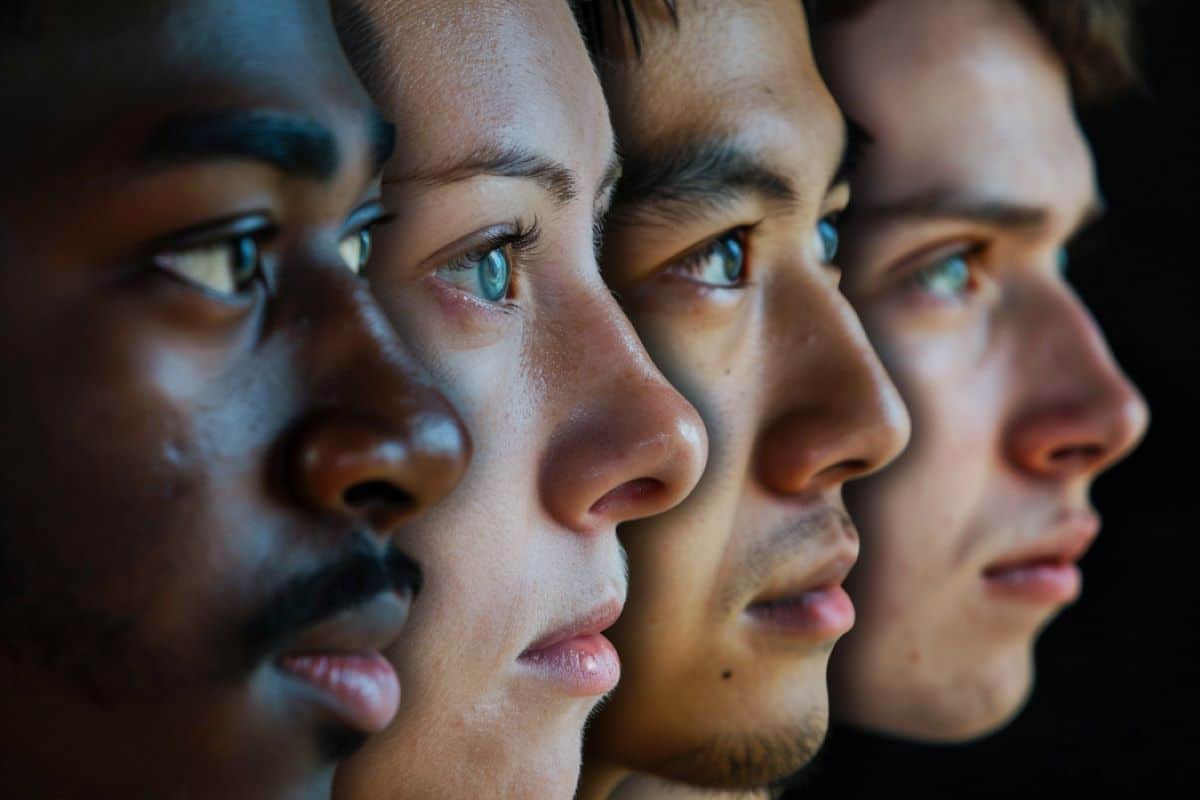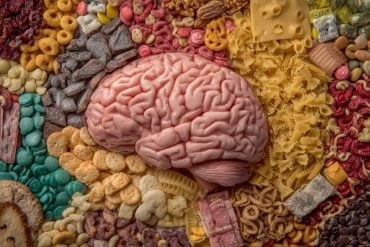Summary: A new study reveals that a person’s face tends to evolve to suit their name, demonstrating the profound impact of social expectations. The research showed that adults’ faces could be matched to their names with high accuracy, while children’s faces could not.
Machine learning also found significant similarities among adults with the same name. This effect, known as a self-fulfilling prophecy, suggests that social constructs can influence physical appearance over time.
Key Facts:
- Adults’ faces evolve to match their names due to social expectations.
- Children’s faces do not show the same name-based similarities as adults.
- The study used both human participants and machine learning to confirm findings.
Source: Reichman University
A new study by Dr. Yonat Zwebner, Dr. Moses Miller, and Prof. Jacob Goldenberg of Reichman University’s Arison School of Business, together with Noa Grobgeld and Prof. Ruth Mayo of the Hebrew University, has found that a person’s face tends to evolve to suit their name.
The researchers sought to determine whether parents choose a baby name based on what seems fitting for the baby’s appearance, or if the process is the other way around — that, over the years, the individual’s facial appearance changes to match the name given to them by their parents.
The study was published in the journal PNAS.

In the study, 9- to 10-year-old children and adults were asked to match faces to names. The findings revealed that both the children and the adults correctly matched adult faces to their corresponding names, significantly above the chance level.
However, when it came to children’s faces and names, the participants were unable to make accurate associations. In another part of the study, a machine learning system was fed a large database of images of human faces.
The computer recognized that the representations of the faces of adults with the same name were significantly more similar to each other than the representations of faces of adults with different names. Conversely, no significant similarity was found among children with the same name compared to children with different names.
The researchers concluded that the similarity between a person’s face and their name results from a self-fulfilling prophecy. The facial appearance changes over a long period of time to align with social stereotypes associated with the name.
Such stereotypes can be formed in many ways, for example because the name is linked to a famous figure or due to the connotations of a biblical name.
Dr. Yonat Zwebner, Arison School of Business, Reichman University: “Our research highlights the broader significance of this surprising effect — the profound impact of social expectations.
“We have demonstrated that social constructs, or structuring, do exist — something that until now has been almost impossible to test empirically. Social structuring is so strong that it can affect a person’s appearance.
“These findings may imply the extent to which other personal factors that are even more significant than names, such as gender or ethnicity, may shape who people grow up to be.”
About this neuroscience research news
Author: Lital Ben Ari
Source: Reichman University
Contact: Lital Ben Ari – Reichman University
Image: The image is credited to Neuroscience News
Original Research: Open access.
“Can names shape facial appearance?” by Yonat Zwebner et al. PNAS
Abstract
Can names shape facial appearance?
Our given name is a social tag associated with us early in life. This study investigates the possibility of a self-fulfilling prophecy effect wherein individuals’ facial appearance develops over time to resemble the social stereotypes associated with given names.
Leveraging the face–name matching effect, which demonstrates an ability to match adults’ names to their faces, we hypothesized that individuals would resemble their social stereotype (name) in adulthood but not in childhood.
To test this hypothesis, children and adults were asked to match faces and names of children and adults. Results revealed that both adults and children correctly matched adult faces to their corresponding names, significantly above the chance level.
However, when it came to children’s faces and names, participants were unable to make accurate associations.
Complementing our lab studies, we employed a machine-learning framework to process facial image data and found that facial representations of adults with the same name were more similar to each other than to those of adults with different names.
This pattern of similarity was absent among the facial representations of children, thereby strengthening the case for the self-fulfilling prophecy hypothesis.
Furthermore, the face–name matching effect was evident for adults but not for children’s faces that were artificially aged to resemble adults, supporting the conjectured role of social development in this effect.
Together, these findings suggest that even our facial appearance can be influenced by a social factor such as our name, confirming the potent impact of social expectations.






